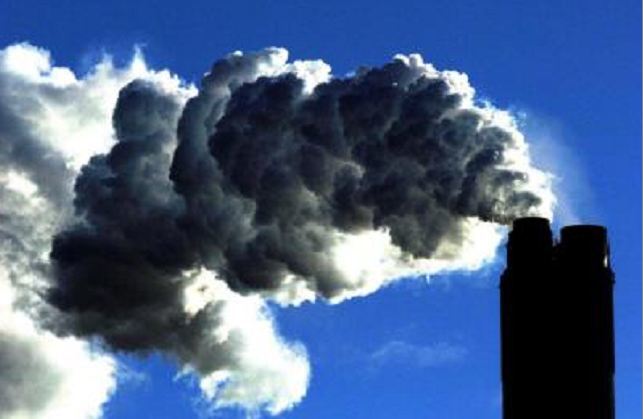
An increase in global energy investment of seven per cent could prevent millions of deaths from air pollution a year by 2040, the International Energy Agency (IEA) says.
Energy production and use – from factories and power plants to vehicles and even polluting cooking stoves in poorer parts of the world – are the most significant source of pollutants such as particulate matter, sulphur oxides and nitrogen oxides.
Clean air “is a basic human right that most of the world’s population lacks”, IEA executive director Fatih Birol said, as the organisation called on governments to take steps to clear up air pollution, which will also help tackle climate change.
Though the situation is most critical in developing nations, no country is immune from the problem, with 80% of cities which monitor pollution levels exceeding air quality standards set by the World Health Organisation, the IEA said.
Without action to tackle pollution, the number of early deaths from outdoor pollution will rise from three million today to 4.5 million a year by 2040, predominantly in developing Asia.
Numbers of premature deaths from indoor pollution, such as kerosene cooking stoves, are set to decline from 3.5 million to three million over the same period, but will still be closely linked to poverty and a lack of access to cleaner power, the IEA said.
An IEA “clean air scenario” backed by an increase of seven per cent on total energy investment through to 2040 could cut the number of people dying early from outdoor air pollution by 1.7 million by that year compared with central estimates.
And the number of early deaths from household pollution would fall by 1.6 million a year, it estimates.
Extra investment would involve 2.3 trillion US dollars (£1.74 trillion) in technology to control pollution, with the majority focused on improving vehicle emissions standards, and 2.5 trillion
US dollars (£1.89 trillion) on more rapid transformation of the energy sector.
Cleaner power sources, more energy efficiency in industry and strictly enforced emissions standards for road transport, along with clean cooking facilities in poor countries, would reduce global energy demand by 13% by 2040 compared with no action.
Three-quarters of energy that is burned would be subject to advanced pollution controls, compared with less than half (45%) today.
Dr Birol said: “No country – rich or poor – can claim that the task of tackling air is complete. But governments are far from powerless to act and need to act now.
“Proven energy policies and technologies can deliver major cuts in air pollution around the world and bring health benefits, provide broader access to energy and improve sustainability.”
He added that implementing clean air strategies could push energy-related pollution levels into steep decline, offer universal access to modern energy, bring down greenhouse gases and reduce fossil fuel import bills in many countries.
Governments should set ambitious long-term air quality goals, put in place a package of clean air policies for the sector, and ensure effective monitoring, enforcement and communication of progress, the IEA said.
Recommended for you
